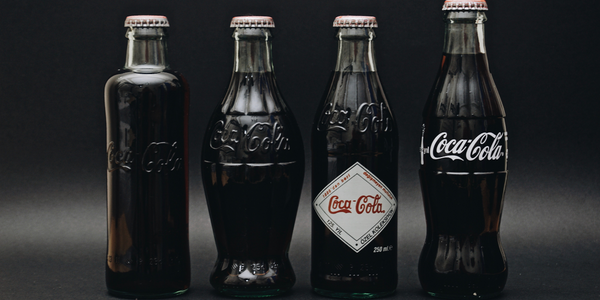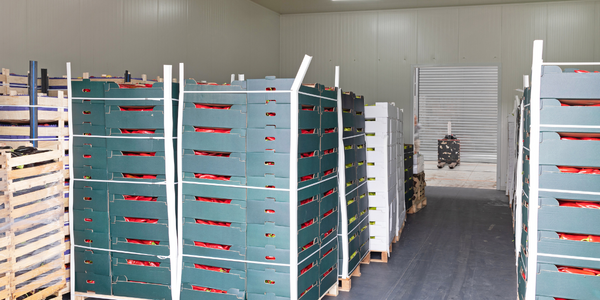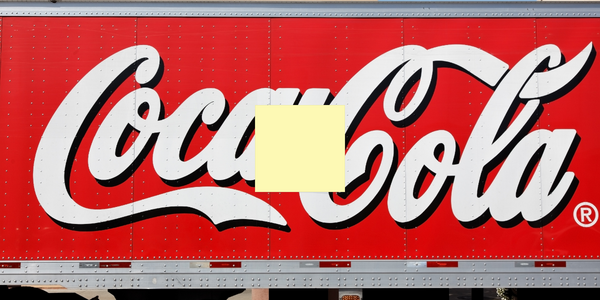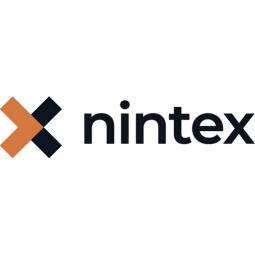下载PDF
Migrating 45+ Business Processes to the Cloud: A Case Study on Westbury Street Holdings
技术
- 功能应用 - 企业资源规划系统 (ERP)
- 平台即服务 (PaaS) - 应用开发平台
适用行业
- 食品与饮料
用例
- 时间敏感网络
服务
- 云规划/设计/实施服务
挑战
Westbury Street Holdings (WSH) 是一家食品服务和酒店行业公司集团的母公司,该公司严重依赖过时的流程,而这些流程过于依赖电子表格和手工工作。该公司为八家独立的公司提供集中的业务管理,并不断寻求改进其服务的方法。经过内部 IT 审查后,WSH 决定从 Microsoft SharePoint 2010 迁移到 SharePoint Online,并将其所有核心业务系统迁移到云端。这一决定具有重大影响,因为 WSH 有大约 60 个人力资源、财务、法律、健康与安全以及采购自动化流程需要转换到新的云环境。这些流程是使用竞争对手的表单和工作流程、InfoPath 表单以及标准 SharePoint 功能的组合经过八年时间构建的。
关于客户
WSH Limited 是一家在食品服务和酒店行业运营的成功公司集团的母公司。该公司为学校和餐馆提供食品,并为八家独立的公司提供集中的业务管理。 WSH 不断寻找改进服务的方法,以造福集团内的所有企业。八年多以来,该公司一直在结合竞争对手的表单和工作流程、InfoPath 表单以及标准 SharePoint 功能来构建自动化工作流程。
解决方案
WSH 选择 Nintex K2 Cloud 来帮助将超过 45 个自动化业务流程迁移到云端。最初,WSH 考虑继续使用 InfoPath 和另一个工作流解决方案,但最终选择用 K2 Cloud 替代它们,K2 Cloud 是一个用于创建定制业务流程的安全在线平台。 K2 Cloud 提供了单一业务流程自动化平台,能够转换云中所有现有流程和表单。它提供了许多灵活的功能,用于在 SharePoint Online 内部和外部开发工作流。使用 K2 Cloud,WSH 的一名开发人员仅用了 8 个月的时间就将 45 个独立的业务流程从现有的本地平台迁移到云端,还有 15 个正在开发中。用户几乎察觉不到向 SharePoint Online 和 K2 Cloud 的过渡,他们继续照常使用其业务流程。
运营影响
数量效益
相关案例.

Case Study
The Kellogg Company
Kellogg keeps a close eye on its trade spend, analyzing large volumes of data and running complex simulations to predict which promotional activities will be the most effective. Kellogg needed to decrease the trade spend but its traditional relational database on premises could not keep up with the pace of demand.

Case Study
HEINEKEN Uses the Cloud to Reach 10.5 Million Consumers
For 2012 campaign, the Bond promotion, it planned to launch the campaign at the same time everywhere on the planet. That created unprecedented challenges for HEINEKEN—nowhere more so than in its technology operation. The primary digital content for the campaign was a 100-megabyte movie that had to play flawlessly for millions of viewers worldwide. After all, Bond never fails. No one was going to tolerate a technology failure that might bruise his brand.Previously, HEINEKEN had supported digital media at its outsourced datacenter. But that datacenter lacked the computing resources HEINEKEN needed, and building them—especially to support peak traffic that would total millions of simultaneous hits—would have been both time-consuming and expensive. Nor would it have provided the geographic reach that HEINEKEN needed to minimize latency worldwide.

Case Study
Energy Management System at Sugar Industry
The company wanted to use the information from the system to claim under the renewable energy certificate scheme. The benefit to the company under the renewable energy certificates is Rs 75 million a year. To enable the above, an end-to-end solution for load monitoring, consumption monitoring, online data monitoring, automatic meter data acquisition which can be exported to SAP and other applications is required.

Case Study
Coca Cola Swaziland Conco Case Study
Coco Cola Swaziland, South Africa would like to find a solution that would enable the following results: - Reduce energy consumption by 20% in one year. - Formulate a series of strategic initiatives that would enlist the commitment of corporate management and create employee awareness while helping meet departmental targets and investing in tools that assist with energy management. - Formulate a series of tactical initiatives that would optimize energy usage on the shop floor. These would include charging forklifts and running cold rooms only during off-peak periods, running the dust extractors only during working hours and basing lights and air-conditioning on someone’s presence. - Increase visibility into the factory and other processes. - Enable limited, non-intrusive control functions for certain processes.

Case Study
Temperature Monitoring for Restaurant Food Storage
When it came to implementing a solution, Mr. Nesbitt had an idea of what functionality that he wanted. Although not mandated by Health Canada, Mr. Nesbitt wanted to ensure quality control issues met the highest possible standards as part of his commitment to top-of-class food services. This wish list included an easy-to use temperature-monitoring system that could provide a visible display of the temperatures of all of his refrigerators and freezers, including historical information so that he could review the performance of his equipment. It also had to provide alert notification (but email alerts and SMS text message alerts) to alert key staff in the event that a cooling system was exceeding pre-set warning limits.

Case Study
Coca-Cola Refreshments, U.S.
Coca-Cola Refreshments owns and manages Coca-Cola branded refrigerators in retail establishments. Legacy systems were used to locate equipment information by logging onto multiple servers which took up to 8 hours to update information on 30-40 units. The company had no overall visibility into equipment status or maintenance history.





